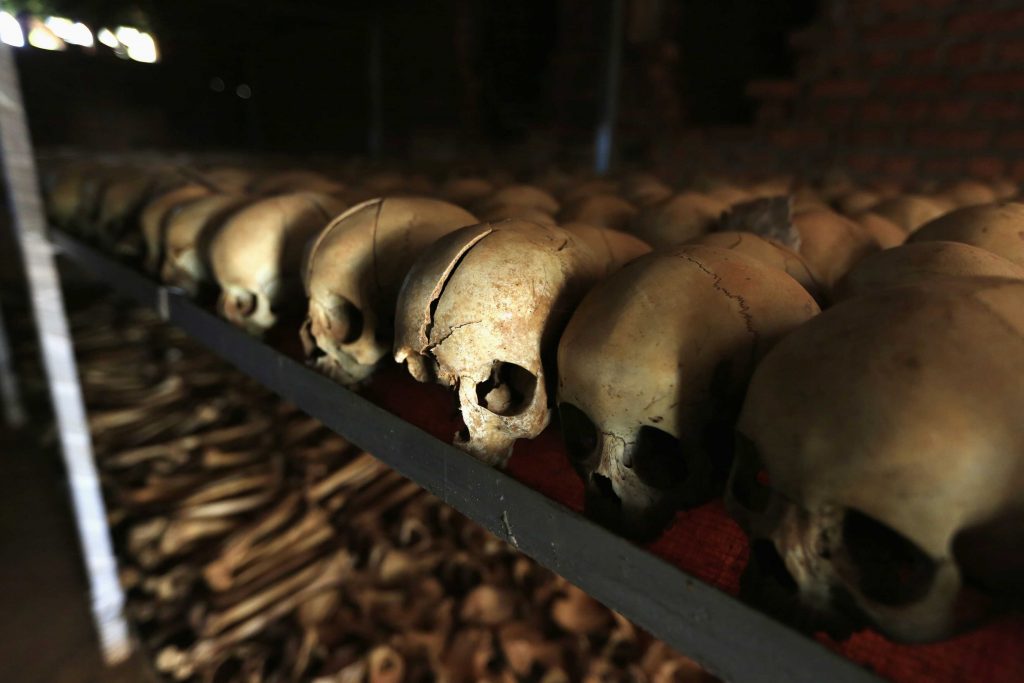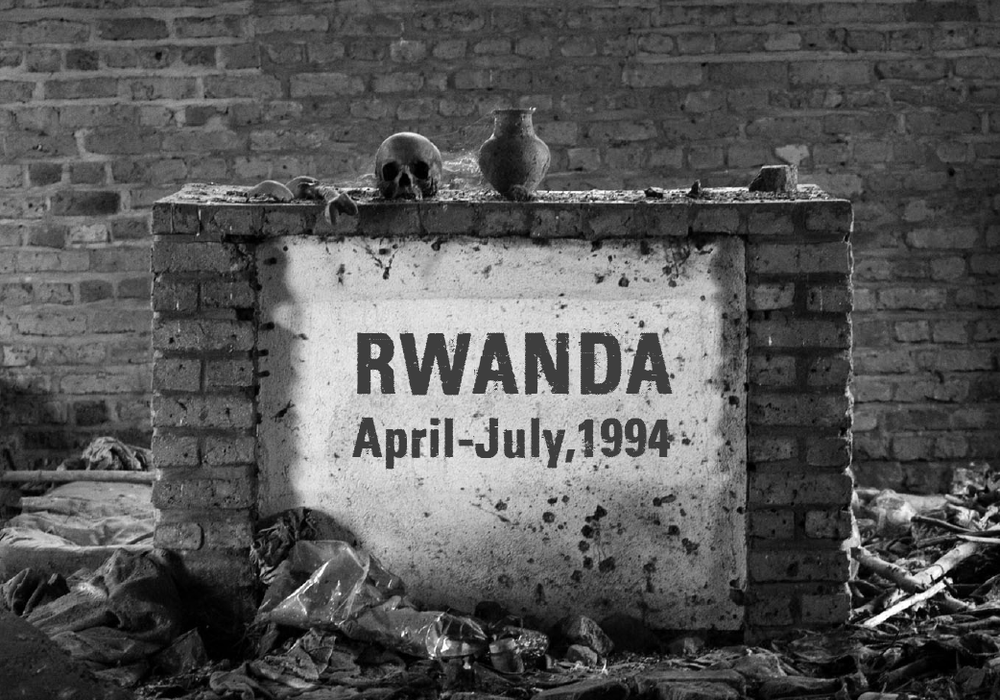
9 December 2020 marks the International Day of Commemoration and Dignity of the Victims of the Crime of Genocide and of the Prevention of this Crime, as well as the 72nd anniversary of the 1948 Convention on the Prevention and Punishment of the Crime of Genocide (the “Genocide Convention”), the first human rights treaty adopted by the General Assembly. The Convention signifies the international community’s commitment to “never again” and provides the first international legal definition of “genocide,” widely adopted at national and international levels. It also establishes a duty for State Parties to prevent and punish the crime of genocide.
2020 Event
At UN Headquarters, a special event to mark this day is scheduled to take place online on 9 December from 11 am to 1 pm (EST). This year’s event, in line with the UN75 initiatives and commitments to promote peace and prevent conflicts, and the Secretary-General’s call for a global ceasefire, and honouring the victims of genocide, aims at listening to their voices and discussing the impact of international justice responses, including criminal justice and reparations, on empowering victims and preventing further atrocity crimes. International judges and experts will also share their experiences in granting justice for victims of genocide and related crimes, in the pursuit of peace and stability and preventing the recurrence of these crimes. R
The Genocide Convention
The Genocide Convention (article 2) defines genocide as “any of the following acts committed with intent to destroy, in whole or in part, a national, ethnical, racial or religious group … “, including:
- Killing members of the group;
- Causing serious bodily or mental harm to members of the group;
- Deliberately inflicting on the group conditions of life calculated to bring about its physical destruction in whole or in part;
- Imposing measures intended to prevent births within the group;
- Forcibly transferring children of the group to another group.
The Convention confirms that genocide, whether committed in time of peace or war, is a crime under international law which parties to the Convention undertake “to prevent and to punish” (article 1). The primary responsibility to prevent and stop genocide lies with the State.
Prevention of Genocide
To prevent genocide and genocidal conflicts, it is critically important to understand their root causes. While conflict has many causes, genocidal conflict is identity-based. Genocide and related atrocities tend to occur in societies with diverse national, racial, ethnic or religious groups that are locked in identity-related conflicts. It is not simply differences in identity, whether real or perceived, that generate conflict, but the implication of those differences in terms of access to power and wealth, services and resources, employment, development opportunities, citizenship and the enjoyment of fundamental rights and freedoms. These conflicts are fomented by discrimination, hate speech inciting violence and other violations of human rights.
In terms of prevention, the critical step is to identify the factors (discriminatory practices) in a given situation that lead to or account for acute disparities in the treatment of a diverse population, and to seek ways to diminish and eventually eradicate these possible causes of genocidal violence. Given that no country is perfectly homogeneous, genocide is a truly global challenge.
Responsibility to Protect
At the 2005 World Summit, Member States committed to protect their populations from genocide, war crimes, ethnic cleansing and crimes against humanity, as well as their incitement. They agreed that when States require assistance to fulfil that responsibility, the international community must be ready to assist them and, when States manifestly fail to protect their populations from those crimes, the international community must be ready to take action, collectively, in accordance with the United Nations Charter. Intervention only happens when prevention fails. Therefore, prevention is the basis of the principle of the responsibility to protect.
These three pillars of the responsibility to protect are articulated in the Outcome Document of the World Summit (A/RES/60/1, para. 138-140) and formulated in the Secretary-General’s 2009 Report (A/63/677) on Implementing the Responsibility to Protect. The political commitment made by Member States in 2005 is deeply rooted in international law, including the Genocide Convention.
The Special Advisers on the Prevention of Genocide and the Responsibility to Protect:
The Special Advisers on the Prevention of Genocide and on the Responsibility to Protect work together to advance national and international efforts to protect populations from genocide, war crimes, ethnic cleansing and crimes against humanity, including their incitement. One of their main tasks is to collect information on situations where there may be a risk of genocide, war crimes, ethnic cleansing and crimes against humanity, based on the risk factors outlined in the Framework of Analysis for Atrocity Crimes. Due to the sensitive nature of their mandate, much of the Office’s work remains outside of the public eye. However, when the Special Advisers assess that making their concerns public will reduce the risk of atrocity crimes in a specific situation, they do so by issuing public statements and, upon request, by briefing the Security Council.
Images : Google Images

